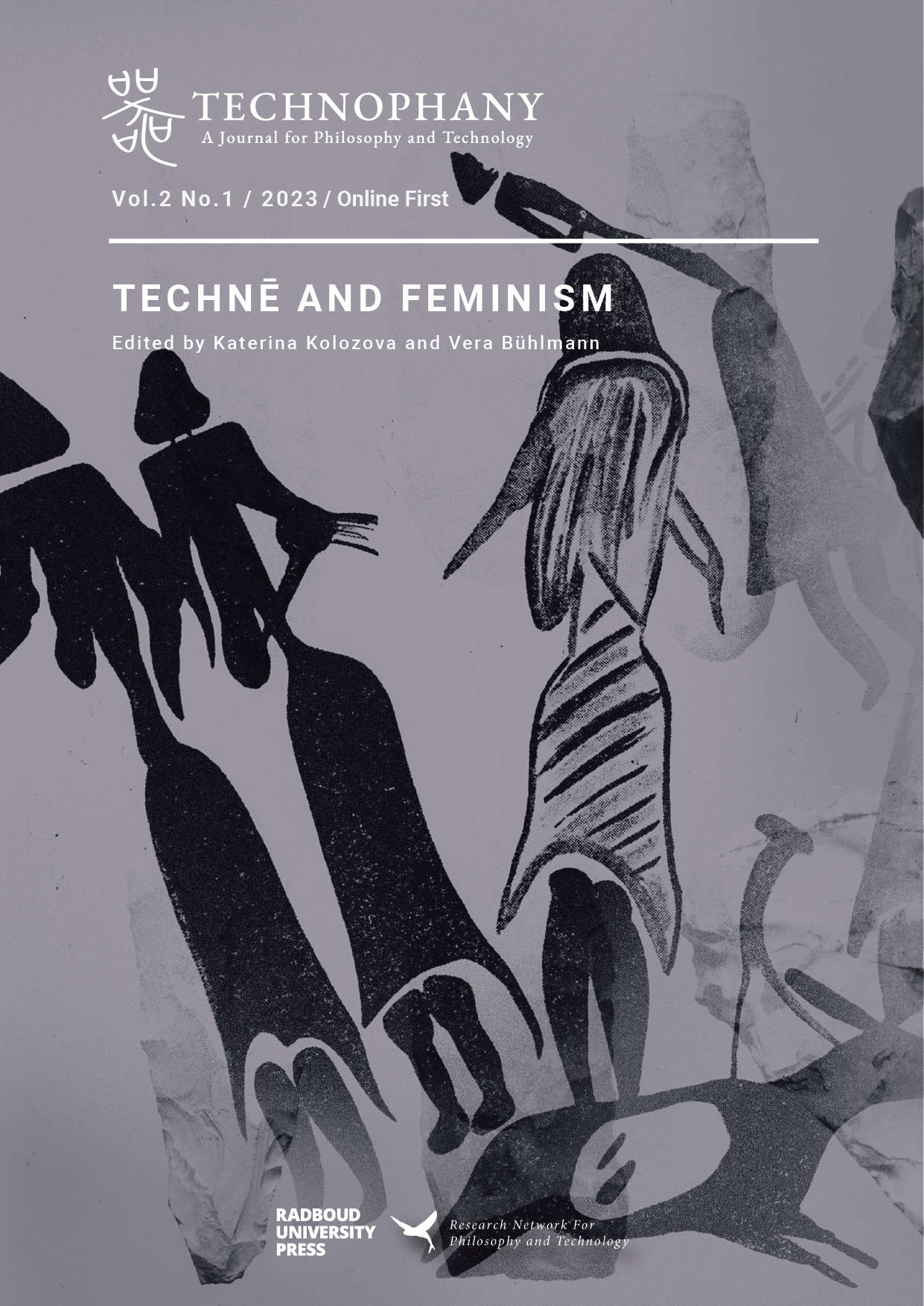Machine-Thought and the Political Order
DOI:
https://doi.org/10.54195/technophany.13802Keywords:
Community, City, political philosophy, Political Machine, cybernetics, democracyAbstract
The most widespread statement of political philosophy is presented here in the simplified and trivialised form of “man is X; he must become Y. ” Man must do so at the same time for himself, for his own survival, but also for the good of all, of the Community, of the City: the plurality must absolutely, in any way whatsoever, give way to unity, subject to [sous peine] and under threat of chaos. The essential question found confronting political doctrines, moreover since the prominence of the idea of democracy is the following: how to bring about the existence of a united society across a heterogeneous social body? The response from philosophy articulates itself around three principle schemas: the theoretical construction of a unified community under the order of similar laws to those of nature (Platonic schema); the search for the best regime, which will have as its ultimate end the moderation and perpetual regulation of conflicts, by an optimal combination of freedom and stability (Aristotelian schema); and the theorisation of the “end of politics” by the locating of a “social wrong” inscribed in a structure doomed to collapse by the practical negation of its ideological foundations (Marxian schema and derivatives). The mode of thought which imposes itself here is decisional. Beyond the third schema which constitutes in some way a meta-political critique, and necessitates that it alone has a particular analysis, in the two preceding, man constitutes a kind of material – raw or primary, depending – that philosophy will work on, and sculpt to give it a form that harmonises fully with the Whole that it prescribes. In political philosophy, we always turn more or less around the “Let’s make man” of Hobbes, that is, around the technical transformation of a material given. Or to say it otherwise: the creation of an oeuvre from crude and imperfect elements, an oeuvre thought like a masterpiece – that is to say, one that contains within it an idea of perfection and permanence – but doomed here to serial reproduction.
Downloads








